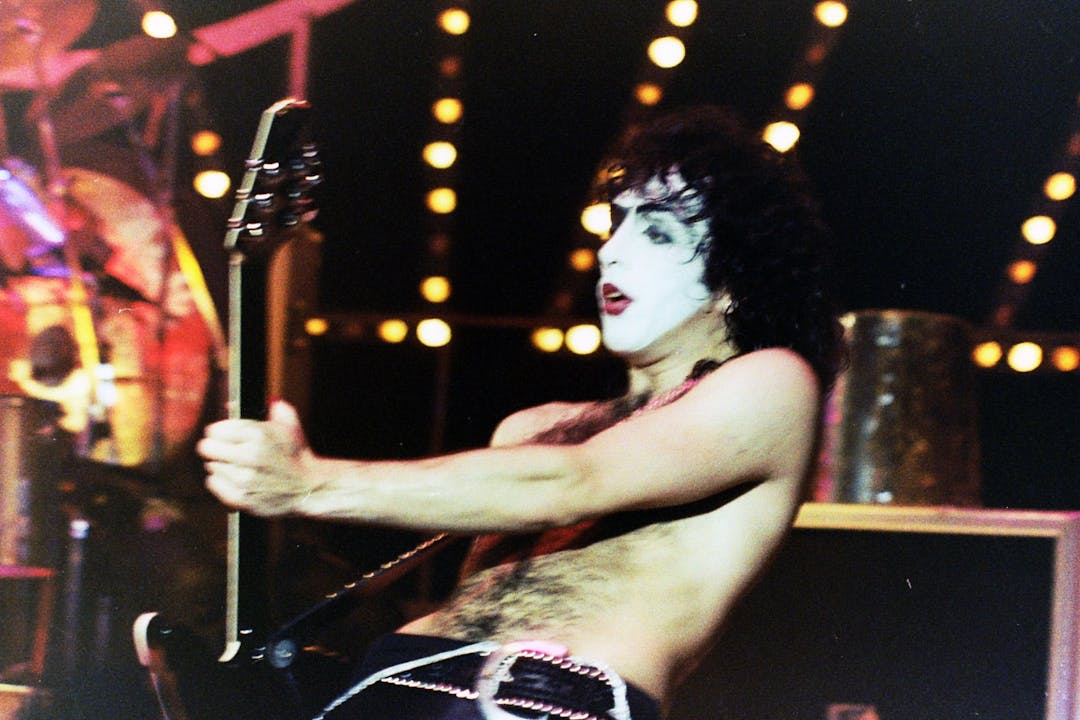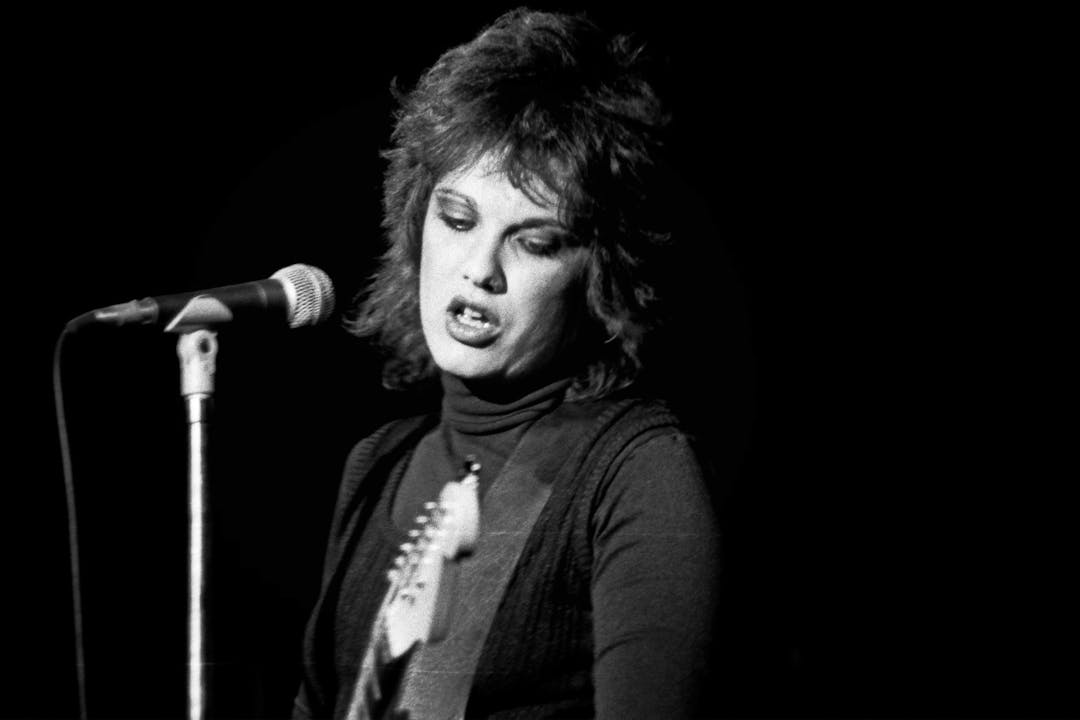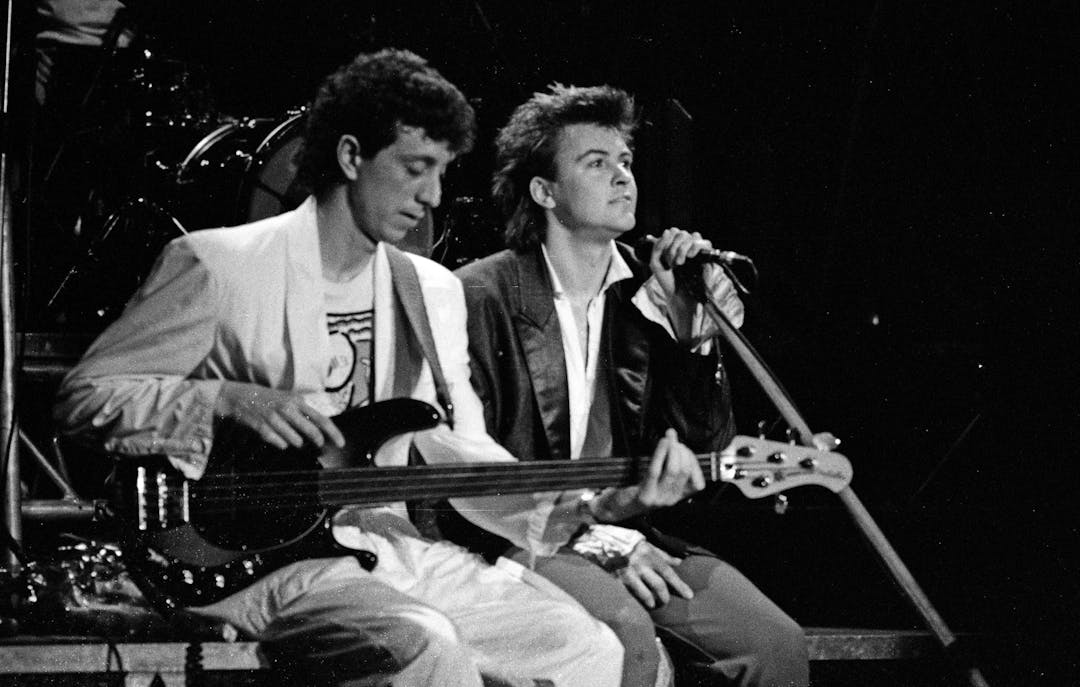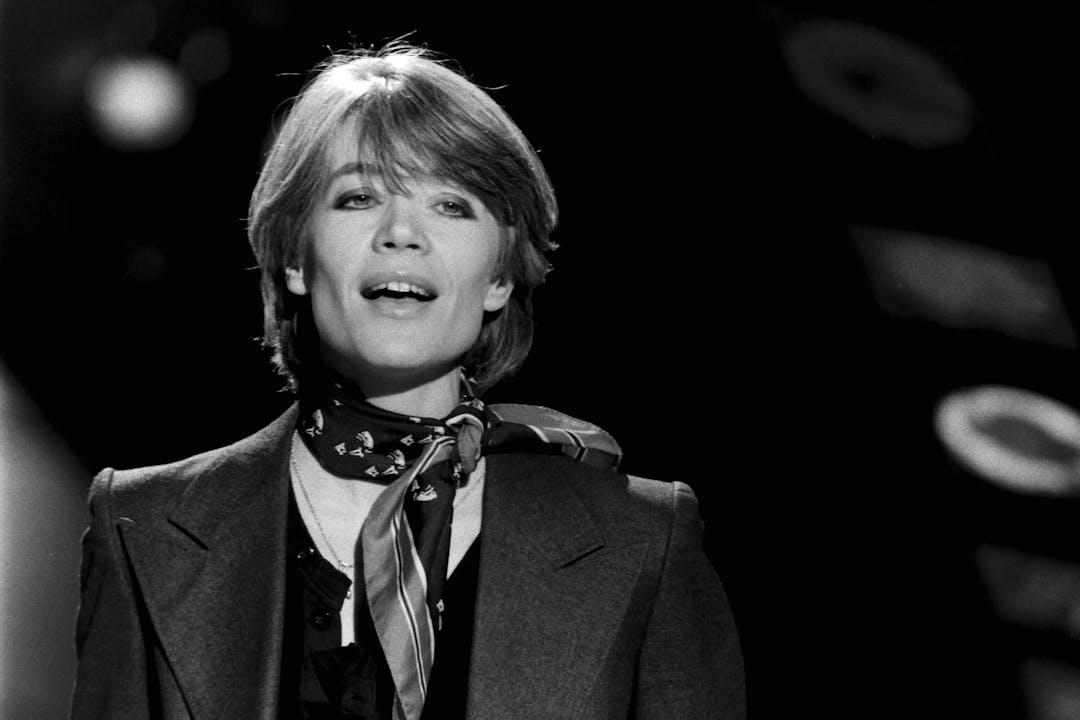
TAGTIK NEWS - TO THE POINT
Should the US National Anthem Be Sung in Spanish

The Debate Reignites After Dodgers’ Latest Match
The question of how—and in what language—the Star-Spangled Banner should be performed is making headlines again. This time, it’s the LA Dodgers at the center of the controversy.
Last Saturday, singer Nezza took the field to open the Dodgers’ game with a rendition of the national anthem. According to reports, she had prepared to sing the anthem in Spanish, but was asked at the last minute to switch to English. In a move that quickly went viral, Nezza stayed true to her original plan and performed the anthem in Spanish—to the delight of many fans in attendance.
Audience Reaction: Cheers and Jeers
The reaction inside Dodger Stadium was overwhelmingly positive, particularly among the team’s large Latino fanbase. However, online, opinions were more divided. Some social media users labeled the performance as “disrespectful,” while others praised Nezza for standing her ground.
Jonathan Santamaria voiced a common viewpoint on Facebook: “I believe the national anthem shouldn’t be sung in any other language except English, and people should respect that.”
Meanwhile, user RossMGoBlu on Bluesky offered a different take: “She followed her heart and did it anyway. If you can be anyone in life, be a Nezza.”
Is Singing the Anthem in Spanish Disrespectful?
This isn’t the first time the question has come up—and it likely won’t be the last. For context, the US national anthem has been officially translated into several languages, including German, Yiddish, Louisiana French, and Spanish. In fact, the Spanish version performed by Nezza was commissioned by none other than President Franklin Delano Roosevelt.
The Dodgers, whose stadium sits in what was once a predominantly Latino neighborhood, have long celebrated their diverse fanbase. For many, singing the anthem in Spanish is both a nod to the team’s roots and a celebration of its community.
Nezza herself addressed the moment, saying, “I just felt like I needed to do it. Para mi gente (for my people).” Notably, the English lyrics were displayed on the stadium’s big screen during her performance.
Why Do We Sing the Anthem Before Games?
The tradition of playing the national anthem before sporting events dates back to World War II, when patriotism was at an all-time high. Historian Marc Ferris notes that the anthem “was heard everywhere—before the opera, before the movies, before the theater,” and, of course, before sports.
Most teams continued the tradition after the war, though the Chicago Cubs famously stopped for a period before resuming in 1967, during the Vietnam War. That same era saw NFL Commissioner Pete Rozelle enforce strict rules requiring players to stand at attention, helmets under their arms, during the anthem.
It’s worth noting that, internationally, national anthems are typically reserved for competitions between countries—not domestic games.
The Aftermath
Nezza was aware her performance might spark controversy. After the game, she posted a lighthearted comment on TikTok: “Safe to say I’m never allowed in that stadium ever again.” Despite rumors circulating online, however, the Dodgers have not banned her.
As the debate continues, one thing is clear: the national anthem remains a powerful symbol—and its performance, in any language, still stirs strong emotions.
(Michael Leahy. Sources: KTLA 5, USA Today et al. Photo: (c) Mat Weller / Unsplash)
LATEST NEWS

Born on January 20: Paul Stanley (KISS) promises not to touch make-up!

Born on January 19: Martha Davis, the Motels' singer's troubled life

RIP: The legendary Tucker Zimmerman has passed away at the age of 84.

Born on January 18: Tom Bailey (Thompson Twins) always calls his "Doctor! Doctor!"

Born on January 17: Paul Young holds on to his crown as king of romantic ballads

Born on January 17: Françoise Hardy left to find the stars in 2024
Quick links